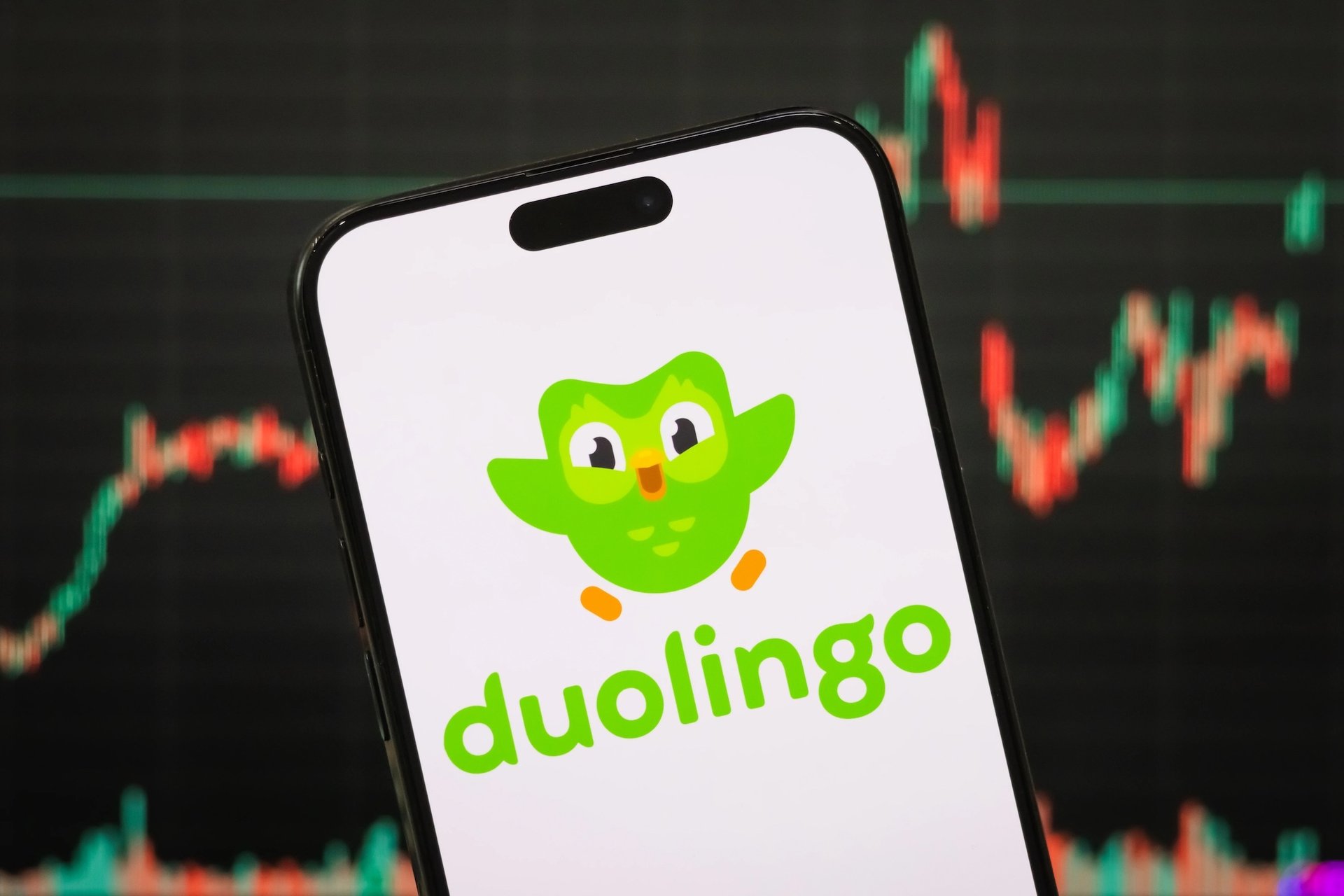Duolingo's CEO says workers need a 'mind shift' about AI
Luis von Ahn's email about being "AI-first" sparked panic — but he says his comments were about rethinking how work gets done, not mass layoffs

Cheng Xin (Getty Images)
How do you say “automation” in Spanish?
Suggested Reading
Duolingo (DUOL) CEO Luis von Ahn sparked backlash last month when he wrote in an all-hands company email that the popular language-learning app was going to be “AI-first.” That email, when posted on LinkedIn (MSFT), drew hundreds of comments, many from users worried about what that meant for the company’s employees — and their 1,000-day streaks.
Related Content
Now, von Ahn has walked back some of his comments, telling The Financial Times that the move to being AI-first wasn’t about mass layoffs but about rethinking how work gets done.
“It’s just a mind shift that people first try AI,” he said. “It may be that AI doesn’t actually solve the problem you’re trying to solve . . . that’s fine.”
Still, Duolingo, which has over 10 million paying subscribers, will be incorporating AI across the company, from content creation to internal tools. Von Ahn said that with AI, adding a language offering, which was once a labor-intensive process, could soon be done in a fraction of the time.
“You no longer do the details and are more of a creative director,” he told The Financial Times. “For the vast majority of jobs, this is what’s going to happen.”
While a “very small number of hourly contractors” doing “repetitive” work were phased out (some were offered other roles), von Ahn has said the company isn’t firing staff left and right. He clarified in a recent LinkedIn post that AI wouldn’t replace employees and that Duolingo was “continuing to hire at the same speed as before.”
“I don’t know exactly what’s going to happen with AI, but I do know it’s going to fundamentally change the way we work, and we have to get ahead of it,” he wrote. “To be clear: I do not see AI as replacing what our employees do. ... I see it as a tool to accelerate what we do, at the same or better level of quality. And the sooner we learn how to use it, and use it responsibly, the better off we will be in the long run.”
Other companies are increasingly using AI to automate aspects of jobs, and von Ahn told The Financial Times that Duolingo was simply more transparent about its push to build AI into its workflow — and underestimated how people would react.
Duolingo’s growth has remained strong: In the first fiscal quarter, revenue rose 38% year-over-year to $230 million and net income hit $35 million. The Pittsburgh, Pennsylvania-based company is also expanding into other learning areas, including music, math, and chess. But while the company’s stock is up over 53% year-to-date, it has seen its shares fall a bit since von Ahn’s original comments about AI — and the resulting backlash from customers.